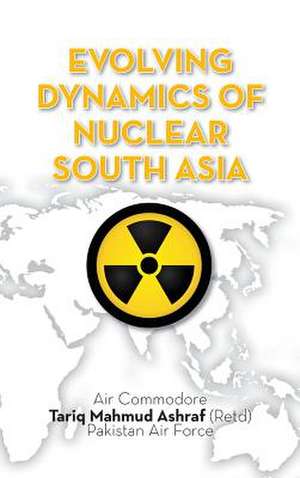Evolving Dynamics of Nuclear South Asia
en Limba Engleză Hardback
Preț: 438.27 lei
Preț vechi: 476.39 lei
-8% Nou
Puncte Express: 657
Preț estimativ în valută:
83.86€ • 87.56$ • 69.41£
83.86€ • 87.56$ • 69.41£
Tipărit la comandă
Livrare economică 04-18 aprilie
Preluare comenzi: 021 569.72.76
Specificații
ISBN-13: 9789383649105
ISBN-10: 9383649100
Pagini: 381
Dimensiuni: 152 x 229 x 25 mm
Greutate: 0.74 kg
Editura: K W Publishers Pvt Ltd
ISBN-10: 9383649100
Pagini: 381
Dimensiuni: 152 x 229 x 25 mm
Greutate: 0.74 kg
Editura: K W Publishers Pvt Ltd
